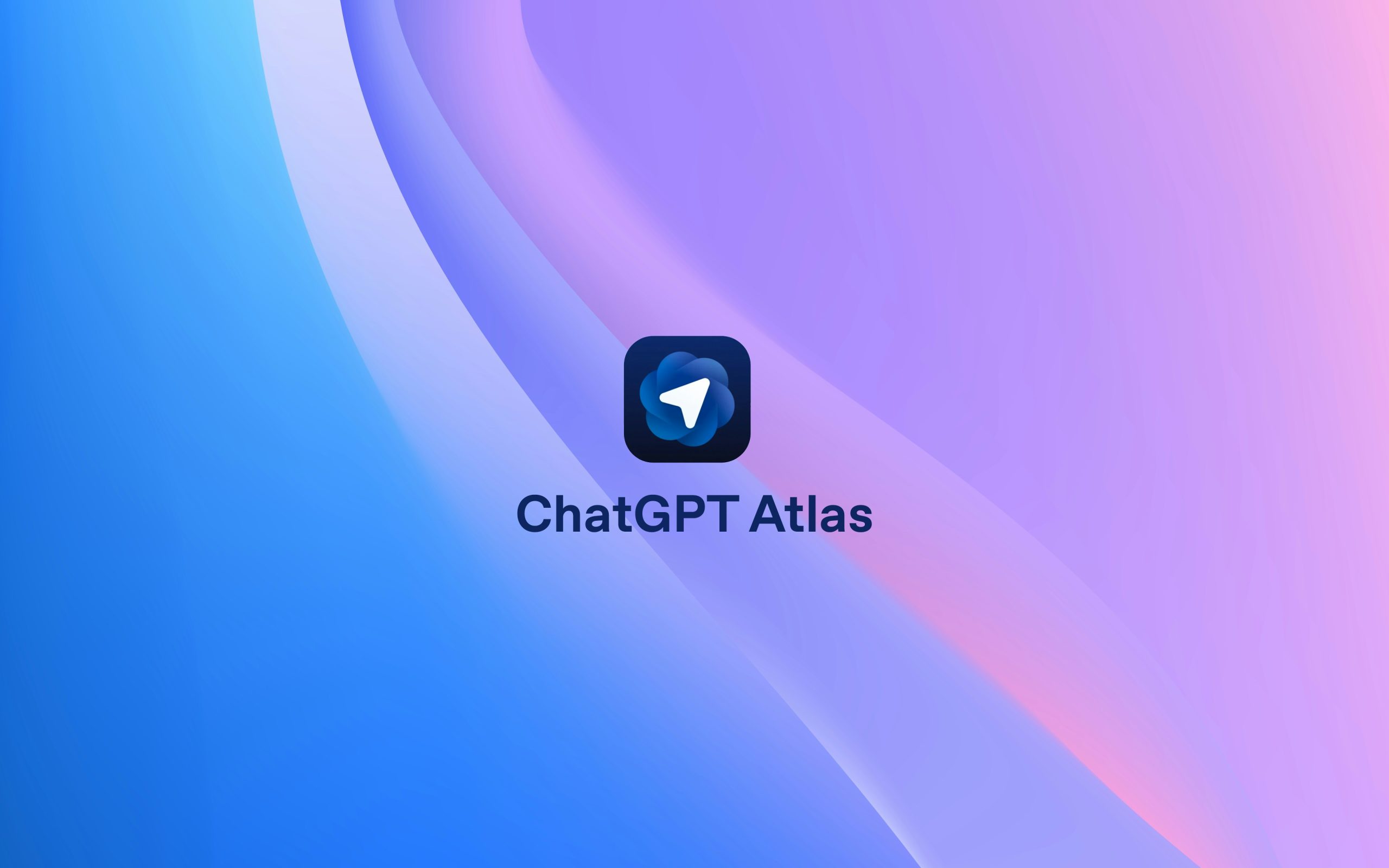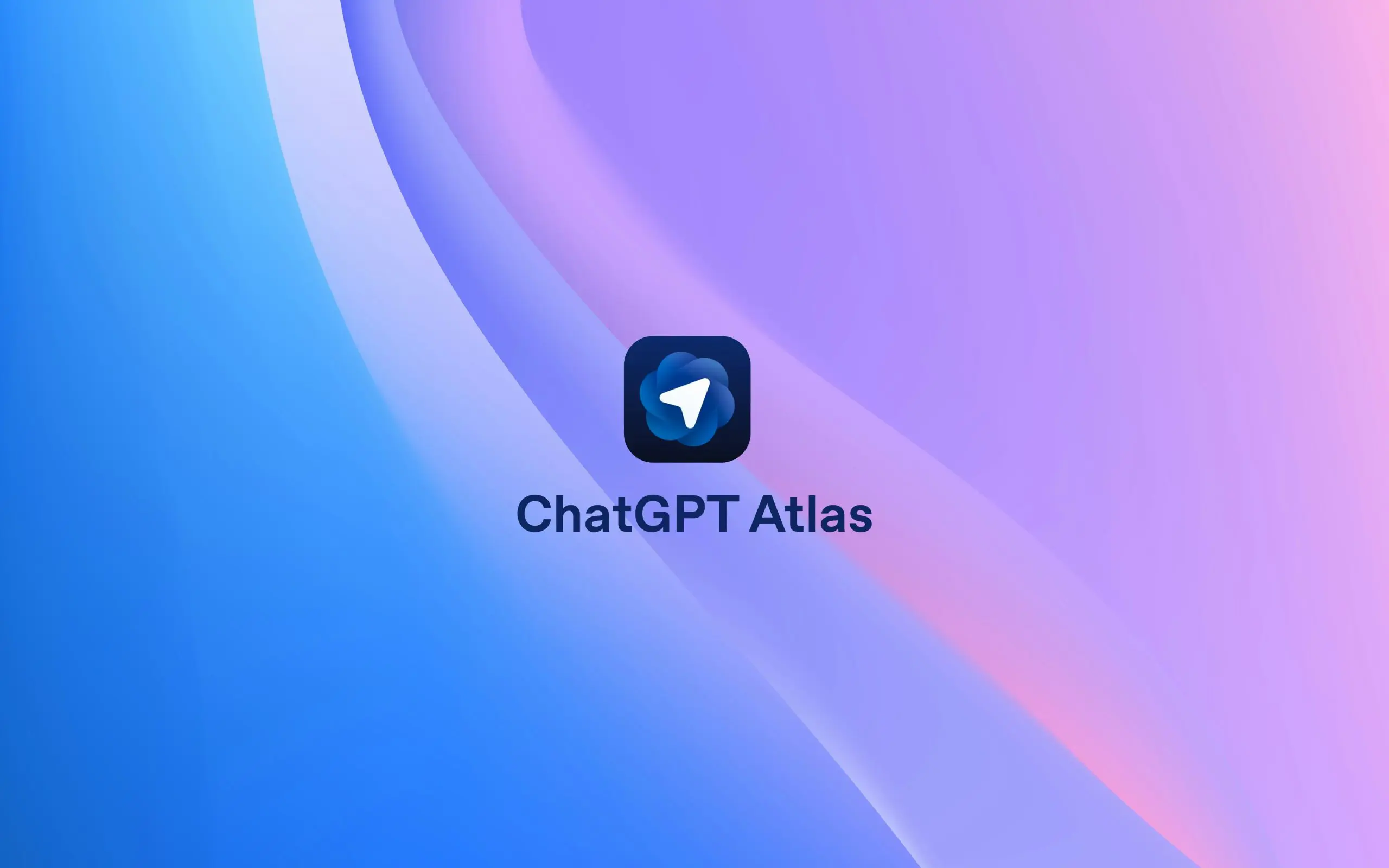
OpenAI launched ChatGPT Atlas, an artificial intelligence (AI)-powered web browser that challenges Google Chrome’s dominance by placing conversational AI at the center of online browsing.
The company unveiled Atlas on October 22, 2025, making it available for download on macOS. Versions for Windows, iOS, and Android will follow soon, according to CEO Sam Altman.
“The way that we hope people will use the Internet in the future… is that the chat experience and a web browser can be a great analogue,” Altman said during a livestream announcement.
Atlas serves OpenAI’s 700 million weekly ChatGPT users. The browser removes the need for search engines by routing queries through ChatGPT instead of Google. Users can ask questions in natural language rather than typing keywords.
The browser includes a sidebar that lets ChatGPT analyze any webpage. Users can request summaries, compare products, or edit text without switching tabs. A small ChatGPT icon appears in text fields across sites like Gmail and Google Docs, allowing instant editing.
Atlas features Agent Mode, available to Plus, Pro, and Business subscribers. The tool performs multi-step tasks automatically. During a demonstration, OpenAI showed ChatGPT finding a recipe online and adding all ingredients to an Instacart cart.


Source: OpenAI
“It can help you book reservations or flights or even just edit a document that you’re working on,” said Adam Fry, product lead for ChatGPT Search.
The browser remembers user preferences through an optional “browser memory” feature. ChatGPT tracks browsing habits to personalize future searches. Users control what the AI sees and can delete memories anytime.
OpenAI built Atlas on the Chromium engine, the same foundation as Chrome. This allows users to import bookmarks, passwords, and browsing history. Most Chrome extensions will also work with Atlas.
Alphabet shares dropped 1.8% following the announcement. Chrome currently holds 71.9% of the global browser market, according to StatCounter.
Atlas enters a competitive field. Perplexity launched its Comet browser earlier this year, while Google recently integrated Gemini AI into Chrome. Opera and Brave also offer AI-powered browsing features.
Analyst Gil Luria from D.A. Davidson said the browser positions OpenAI to sell advertisements. “Once OpenAI starts selling ads that could take away a significant part of search advertising share from Google, which has around 90% of that spend category,” he explained.
OpenAI states it won’t use browsing content to train AI models by default. Users must opt in to data sharing through settings.























